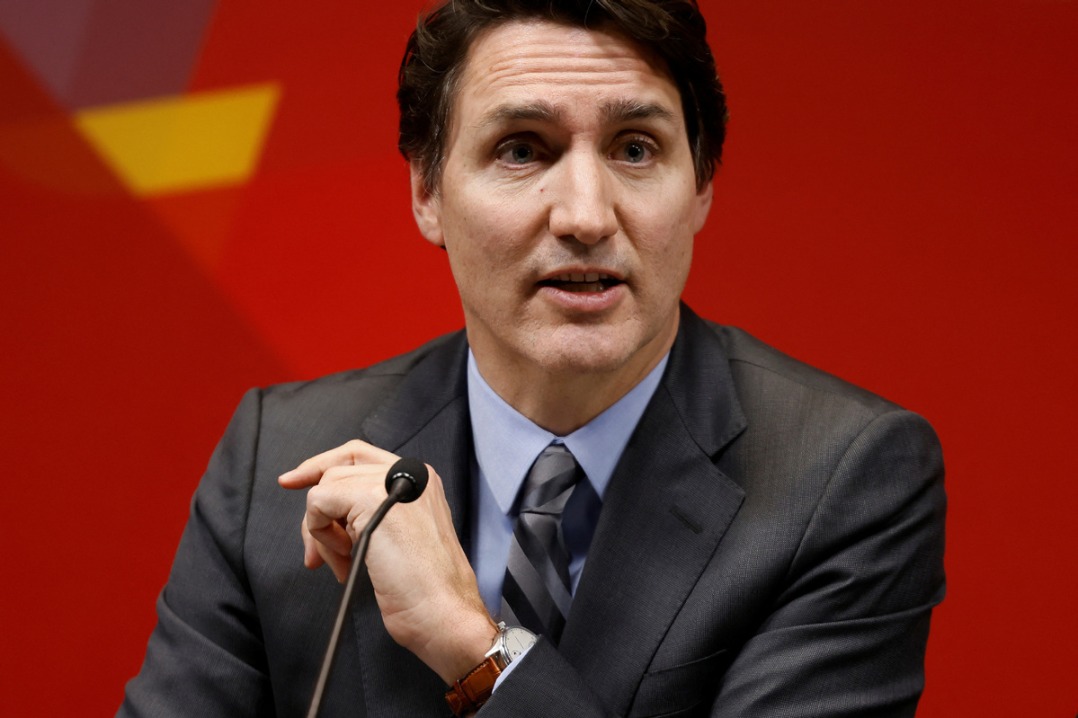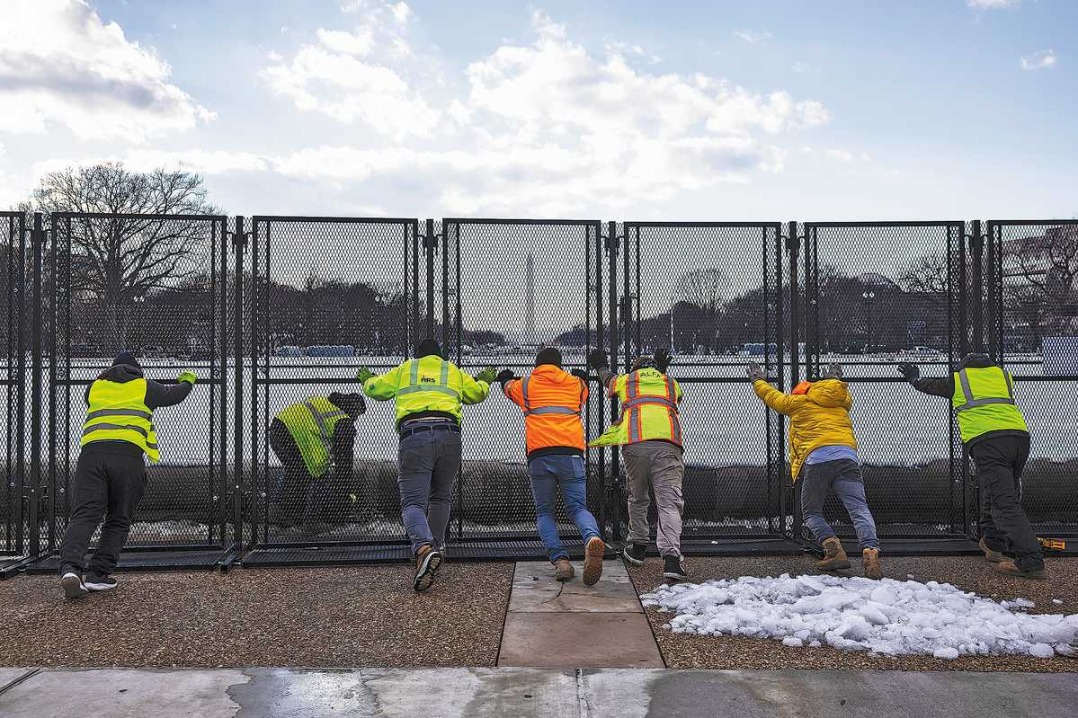UN says COVID-19 worsened socio-economic situation of urban poor in Africa

NAIROBI - The socio-economic situation of the urban poor in Sub-Saharan Africa has worsened following the COVID-19 pandemic which has ravaged several economies across the region, the United Nations said in a joint report released on Friday.
The UN Human Settlements Programme (UN-Habitat) and the World Food Programme (WFP) said millions of people are facing acute food insecurity and malnutrition as a result of the pandemic.
Oumar Sylla, director of UN-Habitat Regional Office for Africa said with the number of Africa's urban population projected to increase to 1.5 billion by 2050.
Sylla said collaborations in policy design, implementation and assessments across governments and agencies that work on health and social welfare is ultimately necessary to enhance programming and address multiple dimensions of urban deprivations.
"Considering the current trends of urbanization that are largely driven by those migrating from the rural to the urban in search for economic opportunities and better access to services, food assistance programs must be augmented and tailored to meet the needs of the urban poor, many of whom have no access to formal social insurance systems," he added.
The joint report shines a spotlight on urban vulnerabilities and food insecurity amidst the global pandemic, revealing that the urban poor in Africa have been disproportionately affected.
It reveals that the urban poor often rely on the informal economy, live in overcrowded settlements, and have limited access to basic social services including water, sanitation and health and formal social safety nets.
According to the UN, urban livelihoods in sub-Saharan Africa are less diversified, irregular, unstable and are predominantly informal and more reliant on markets and cash economy.
It says the loss of income combined with price surges due to COVID-19 containment measures, and the closure of informal markets on which the urban poor rely for the large part of their food supplies, have all undermined their ability to access nutritious foods.
Chris Nikoi, the WFP's Regional Director for Western Africa said hunger and malnutrition in Sub-Saharan Africa have long been associated with rural areas.
But Nikoi said the pandemic is revealing the changing face of hunger, exposing vulnerabilities of the urban poor.
"This report is a wakeup call for us all to boost urban food security, sustainable livelihoods, including social protection, in order to empower the urban poor and make them more resilient to shocks," he added.
The report, which provides the first-ever analysis of acute food and nutrition insecurity in urban settings across 49 countries in Sub-Saharan Africa, calls on governments to prioritize and enhance social protection systems and to upgrade basic social services to urban populations, particularly for those living in slum areas and informal settlements.
According to the UN, while the pandemic has affected all segments of society, urban poor living in slums and informal settlements, who make up more than 60 percent of the total population of Sub-Saharan Africa, were particularly hard hit, with over 90 percent of the COVID-19 cases recorded in cities.































